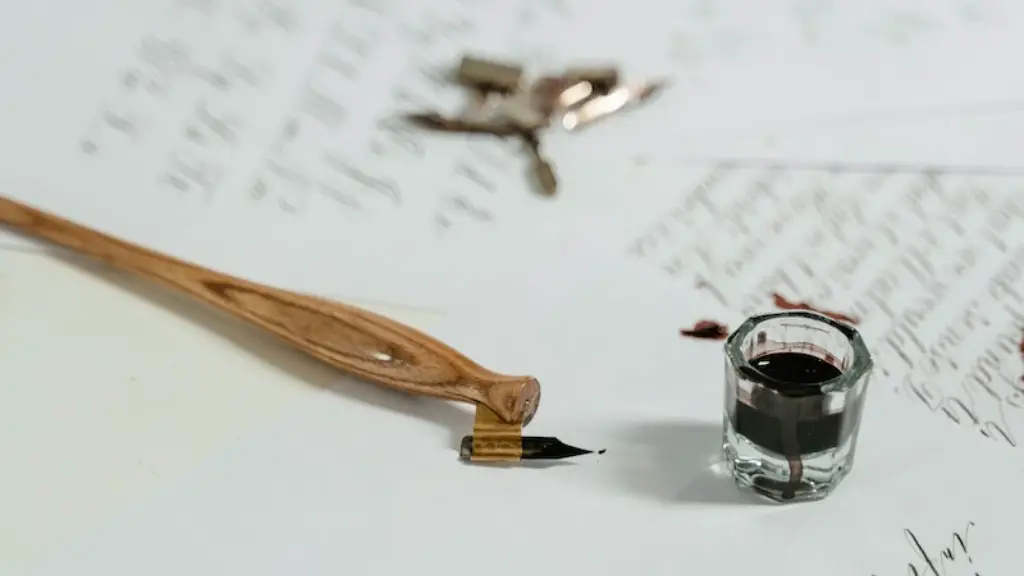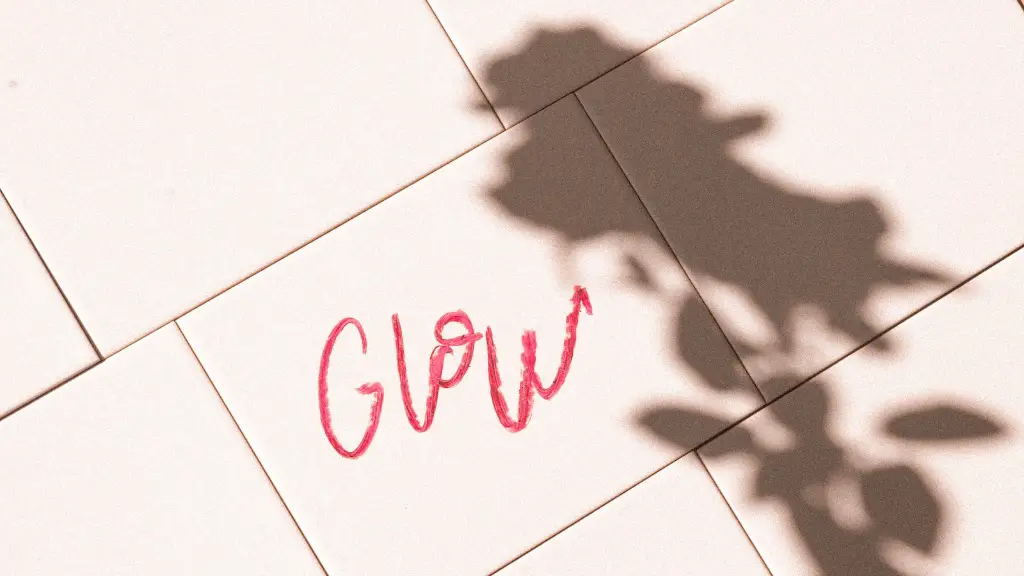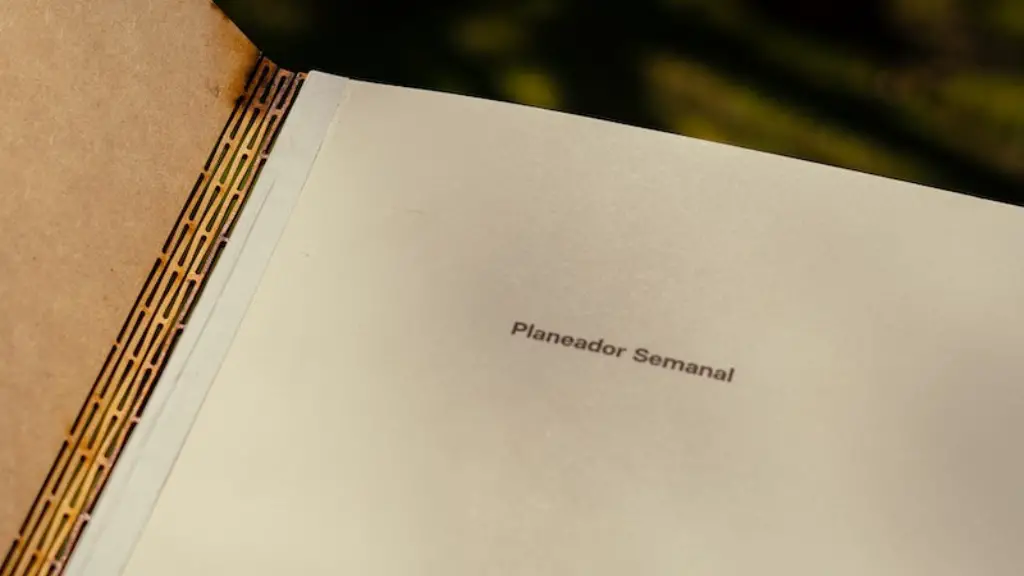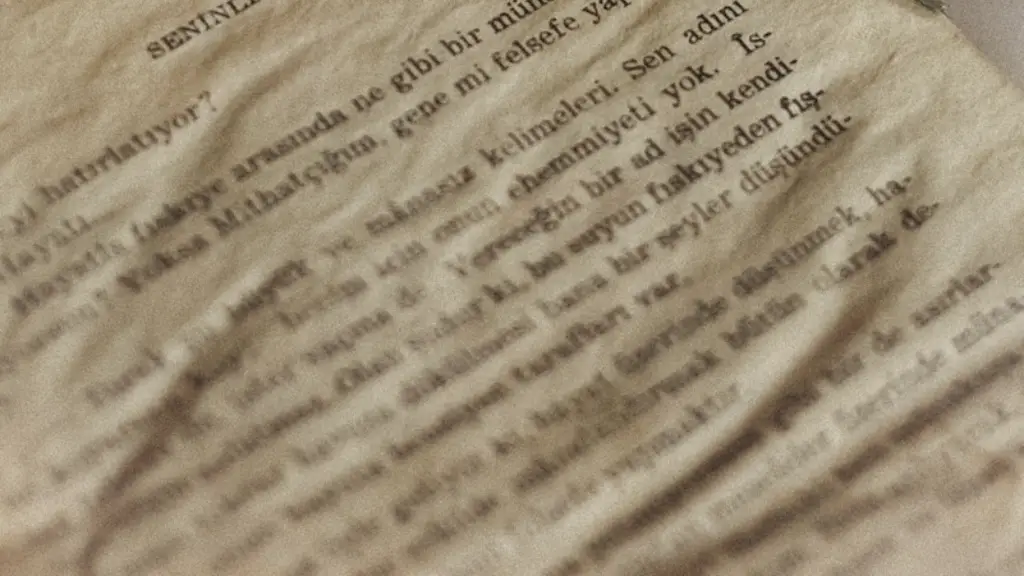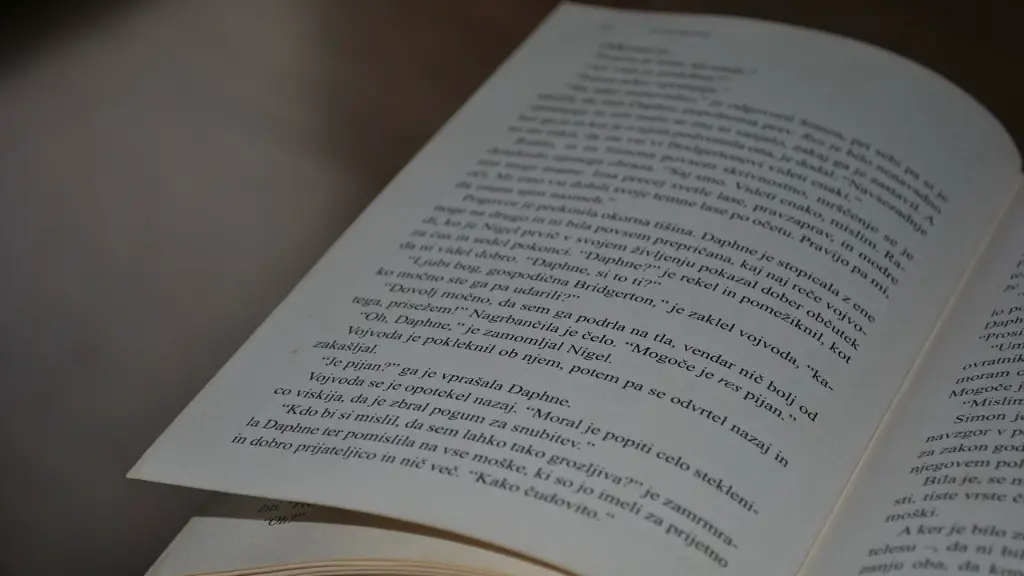Can a Computer Write Poetry?
The history of literature includes a wide range of types of texts, but few as fascinating as poetry. Writing poetry is often seen as an art form, something that only humans can do with enough creativity, skill, and effort.
In recent decades, however, the idea of computers potentially writing poetry has become increasingly popular, with research teams and computer scientists now exploring the concept of machine creativity. For some, this may seem a daunting prospect, while others are more intrigued by the possibilities.
The concept of using computers to create poetic works as simple as haikus goes back to the 1960s. Early computers were programmed with a basic set of rules for generating a poem and the results were often quite short and repetitive. These early attempts at machine-generated poetry often fell short of what a human writer can produce, but new approaches have been developed since then.
Modern researchers have studied the potential for computers to generate poetic works in which ideas, images, and themes appear organically. In recent years, machine learning algorithms with neural networks have been used in the generation of lyrical works. This has resulted in some exciting examples of machine-generated poetry.
Supporters of computer-generated poems point out the potential that this technology offers. Computers can generate vast amounts of data, which could be used to create works that explore abstract ideas in ways that humans could not. Computers are also not ‘limited’ by language, so they could create complex sequences of words that have a particular meaning or feeling.
However, there are also potential issues. As with any creative endeavour, a computer-generated poem could be used to spread fake news or propaganda. It is uncertain whether a computer could truly create something with the emotional depth and nuance that only a human can achieve.
The idea of using computers to write poetry is an exciting prospect and one that will likely offer up a range of possibilities going forward. It remains to be seen whether computers can eventually produce works that rival humans in terms of creativity and emotional complexity, but the results so far are encouraging.
Can Technology Enhance Poetic Expression?
A question which often arises in the context of machine-generated poetry is whether technology can be used to enhance human poetic expression. As computers become increasingly integrated with our lives, it is not hard to imagine how they could be used to aid our creative endeavours.
One potential use of technology in this area is to help with the crafting of poems. Software can be used to help writers generate words, phrases, and ideas that might not have been available to them before. This could provide a useful tool for writers who are exploring new genres or styles of writing.
Technology can also be used to enhance the presentation of a poem. From the way words are rendered on the page to the way images are displayed alongside the text, digital tools can provide a platform for sharing and engaging with a work of poetry. This makes it easier than ever to create and share poetic works.
Another potential use of computer-generated poetry is in education. By using software, students can be presented with a range of lyrical works and encouraged to explore them in more depth. This hands-on approach to learning can help to make poetry more accessible and interesting, while also introducing students to the potential of machine-generated works.
Technology certainly has the potential to enhance the process of writing and sharing poetry. While this could present some challenges, it could also open the door to a range of exciting new possibilities.
The Impact of Machine-Generated Poetry on Humans
As computers become increasingly capable of generating poetic works, there is a growing concern about the potential impact on human creativity and expression. After all, if computers can produce works of lyrical art, what will happen to human writers?
One potential outcome is that machine-generated poetry will simply serve as an inspiration or a tool for human writers. It can be used to create works that merge human creativity and ingenuity with computer-generated data and analysis. Such works could open up new and exciting possibilities for writers.
At the same time, there is concern that machine-generated poetry could replace traditional writing altogether. It is true that machines are now capable of generating vast amounts of data and could eventually create works with more complexity than humans can produce. But while this may bring some benefits, it could also lead to a loss of the unique qualities of human expression.
Ultimately, it is difficult to tell what the impact of machine-generated poetry will be on human creativity. But one thing is certain – the potential of this technology is exciting and the results so far have certainly been intriguing.
The Future of Machine-Generated Poetry
The idea of computers writing poems is now a reality and the potential applications of this technology are far-reaching. From creating works for educational purposes to helping with the crafting of recordings for musical performances, machine-generated poetry could have a profound impact on the way we express ourselves.
In addition, computer-generated works could have implications for politics and social issues. For example, works could be generated that explore complex topics in ways that a human writer might not be able to. This could enable us to gain a better understanding of both local and global issues.
Ultimately, the future of computer-generated poetry is uncertain. Much will depend on the continued development of machine learning algorithms and the way in which the technology is used. But for now, the potential for computers to create lyrical works promises to be exciting.
The Debate Around Machine-Generated Poetry
Whilst the possibility of machines producing lyrical works is an intriguing one, the debate around machine-generated poetry still rages. On one side, those who are fascinated with the idea talk of a new way to explore ideas and express emotions that would be impossible with traditional writing. Others, however, talk of a potential threat to human creativity and expression.
The truth is that it is hard to predict what impact machine-generated poetry will have in the future. It may become an important tool to aid human writers, or it may replace them altogether; only time will tell. Whatever the outcome, though, the potential of machine-generated works should not be ignored.
The debate around computer-generated poetry is likely to continue for some time and the potential of this technology is certainly something to be explored. It will be interesting to see what the future holds for machine-generated works, and what effect they can have on human creativity and expression.
Exploring the Relationship Between Poetry and Machines
Given the potential of machine-generated poetry, it is no surprise that researchers are increasingly interested in exploring the relationship between this technology and traditional poetic works. These efforts include looking into ways that computers can generate works that are as emotionally powerful and meaningful as those crafted by humans.
At the same time, researchers are also exploring the impact that machine-generated works can have on human writers. Could machine-generated poems help to spark new ideas and approaches to traditional works? Could they help to create a more diverse range of lyrical works?
In addition, researchers are looking into ways that machine-generated poetry can be used in educational settings. By using technology to generate works that explore complex topics in ways that a human writer might not be able to, computers could potentially be used in teaching and learning.
Ultimately, the potential of machine-generated poetry is still being explored, but the results so far suggest exciting possibilities. As computers become increasingly integrated with our lives, it is likely that the relationship between machines and poetry will evolve, and offer up a range of benefits.
